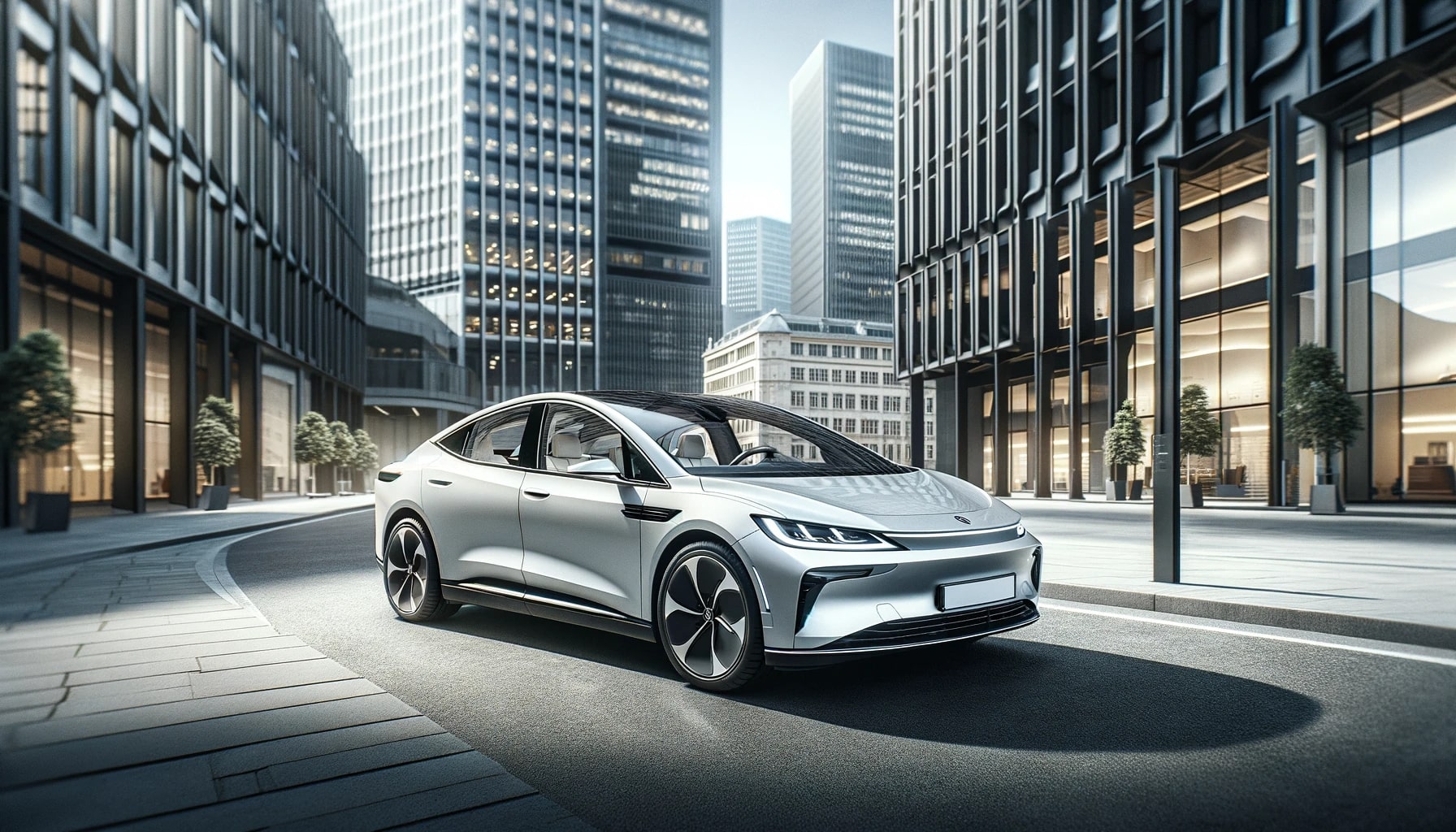In a surprising turn of events, Hertz, once a pioneering force in the adoption of electric vehicles (EVs) within the rental car industry, has announced a significant reduction in its EV fleet. Despite the initial large-scale commitment to electrification, Hertz has faced substantial financial losses, leading to a decision to sell off 30,000 electric cars. This move marks a significant shift in strategy for the company, which had previously projected a future heavily reliant on electric mobility. The decision reflects deeper issues of vehicle depreciation and the complex economics surrounding electric vehicles in the competitive rental market.
Hertz’s journey into the electric vehicle market has been tumultuous. Initially, the company’s bold move to integrate EVs into its fleet was seen as a forward-thinking strategy, especially with the acquisition of a substantial number of Tesla vehicles in 2021. However, the anticipated cost savings and environmental benefits have been overshadowed by financial challenges. Depreciation costs have soared, with recent reports indicating a substantial $195 million charge to vehicle depreciation specifically attributed to the EVs held for sale. This financial strain is compounded by a broader increase in depreciation across their entire fleet, which has significantly impacted the company’s bottom line.
What Caused the Financial Strain?
The financial strain on Hertz can be traced back to several factors. Notably, the depreciation of electric vehicles has been more severe than expected. This depreciation, combined with fluctuating prices from suppliers like Tesla, has eroded the anticipated cost-effectiveness of maintaining a large fleet of electric cars. Furthermore, maintenance costs for these vehicles have exceeded initial estimates, squeezing the profit margins that Hertz had hoped for.
How Will This Affect the Market Perception?
Hertz’s decision to downscale its EV fleet could send ripples across the rental industry, affecting market perception of electric vehicles’ viability in large fleets. This move may cause other companies to reconsider the pace and scale of their own EV integrations, especially if similar financial challenges are anticipated.
What Are the Broader Implications?
This strategic pullback by Hertz raises questions about the broader implications for the electric vehicle market, particularly in terms of how commercial fleets adopt and adapt to new technologies. The initial enthusiasm for EVs in commercial use is now tempered by real-world challenges in operational costs and vehicle lifecycle management.
Comparative insights from the industry show that Hertz’s situation is not isolated. For instance, insight from the article “Electric Dreams versus Economic Realities” on AutoNews and “The Bumpy Road to Electric Adoption” on MotorTrend explore similar challenges faced by other companies in integrating EVs. Both articles highlight the tightrope of balancing innovation with practical financial metrics, which has proven difficult not just for Hertz but for the broader automotive rental sector.
A relevant scientific study published in the Journal of Sustainable Mobility, titled “Economic Challenges of Electric Vehicles in Commercial Fleets,” aligns with Hertz’s experiences. This study underscores the high depreciation rates and unpredictable maintenance costs that can offset the environmental and operational benefits of electric vehicles. Such findings provide a crucial academic perspective on the economic hurdles that companies like Hertz encounter.
Key Insights
- High depreciation rates seriously undermine EV profitability.
- Maintenance costs for EVs are often higher than expected.
- Market reactions may slow down other fleets’ EV adoption.
In conclusion, Hertz’s rollback on electric vehicles highlights a critical junction in the automotive rental industry’s transition to green technology. Despite the early promise, the economic realities have proven harsh, with high depreciation and unexpected costs leading to reconsidered fleet compositions. This scenario serves as a vital case study for other players in the industry, illustrating the need for careful financial planning and strategy adjustment in the face of evolving market conditions. As the industry continues to navigate these challenges, the experiences of companies like Hertz will undoubtedly shape future decisions regarding the integration of sustainable technologies in commercial fleets.










